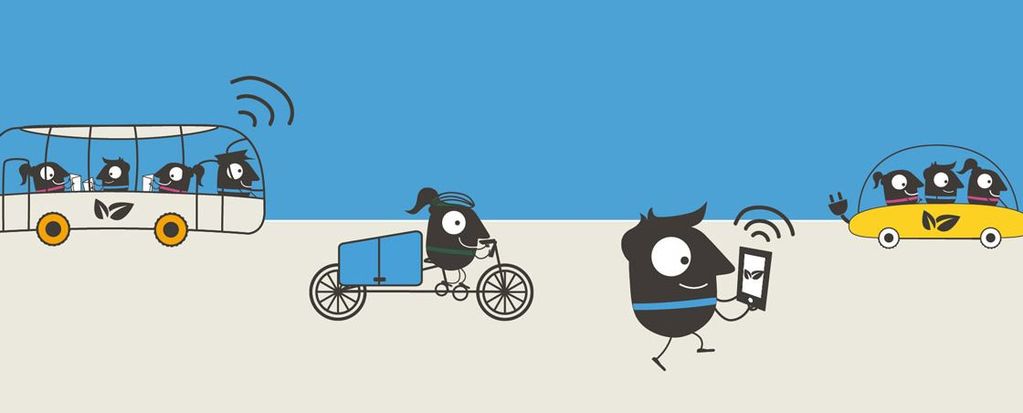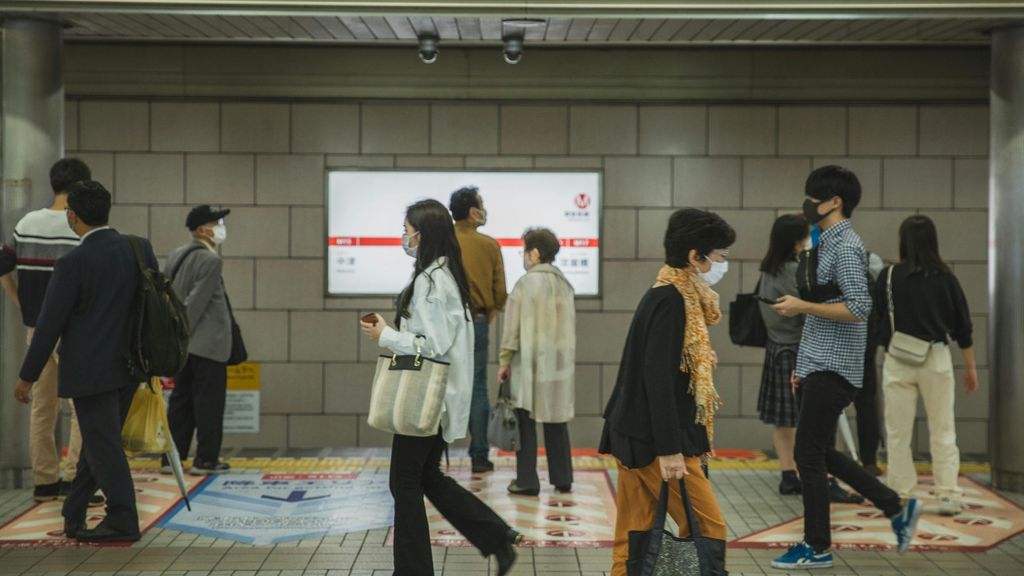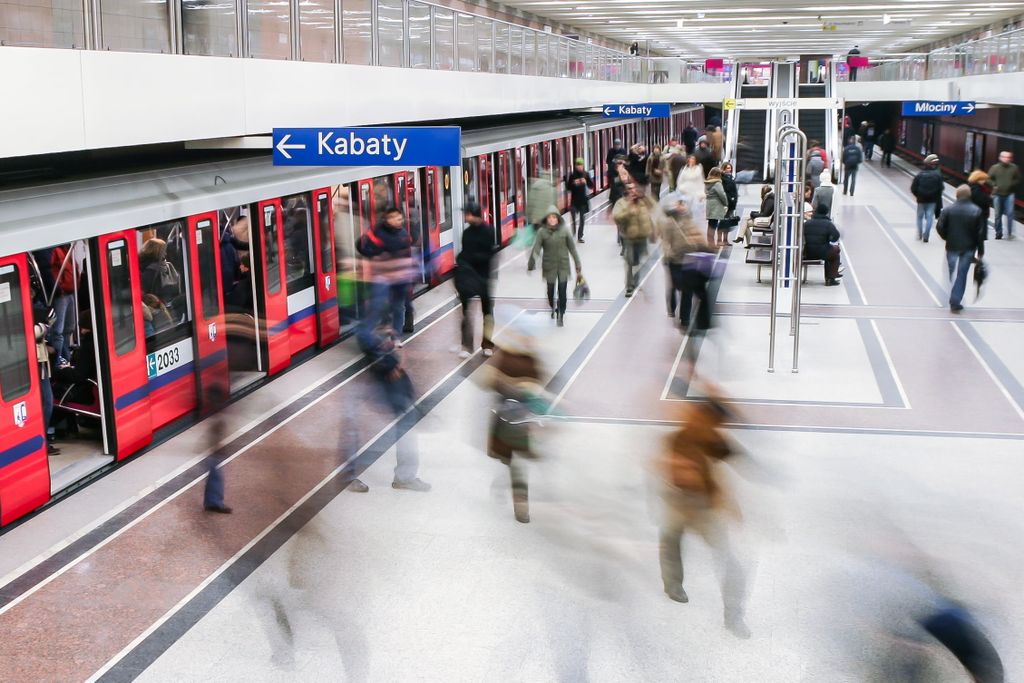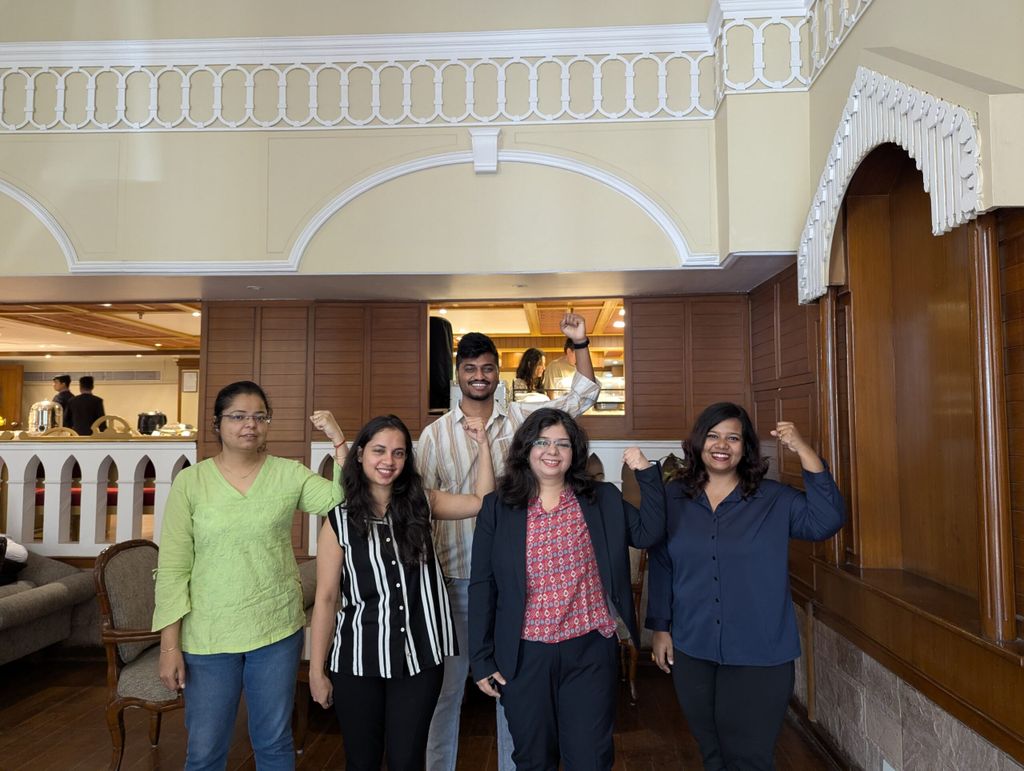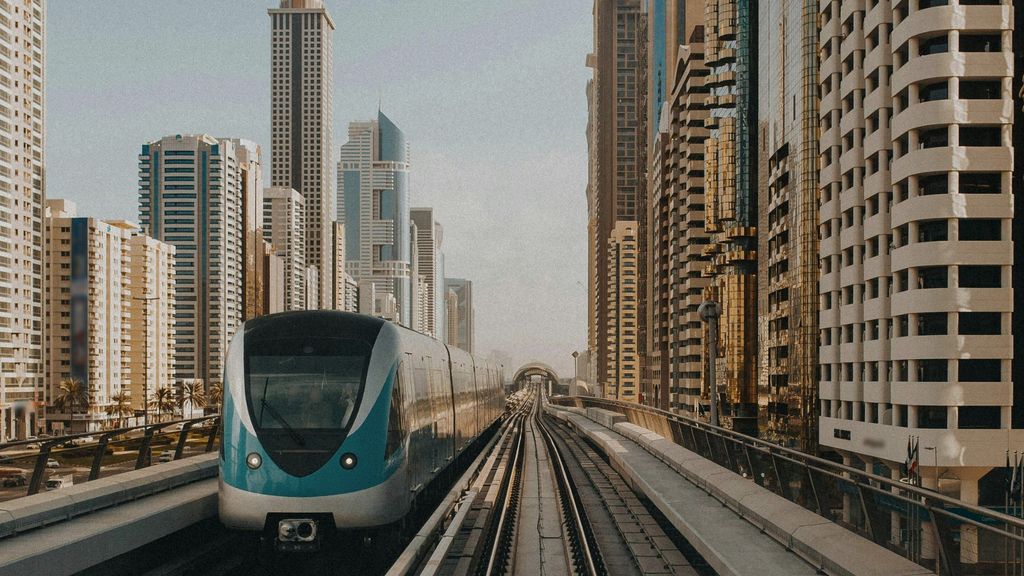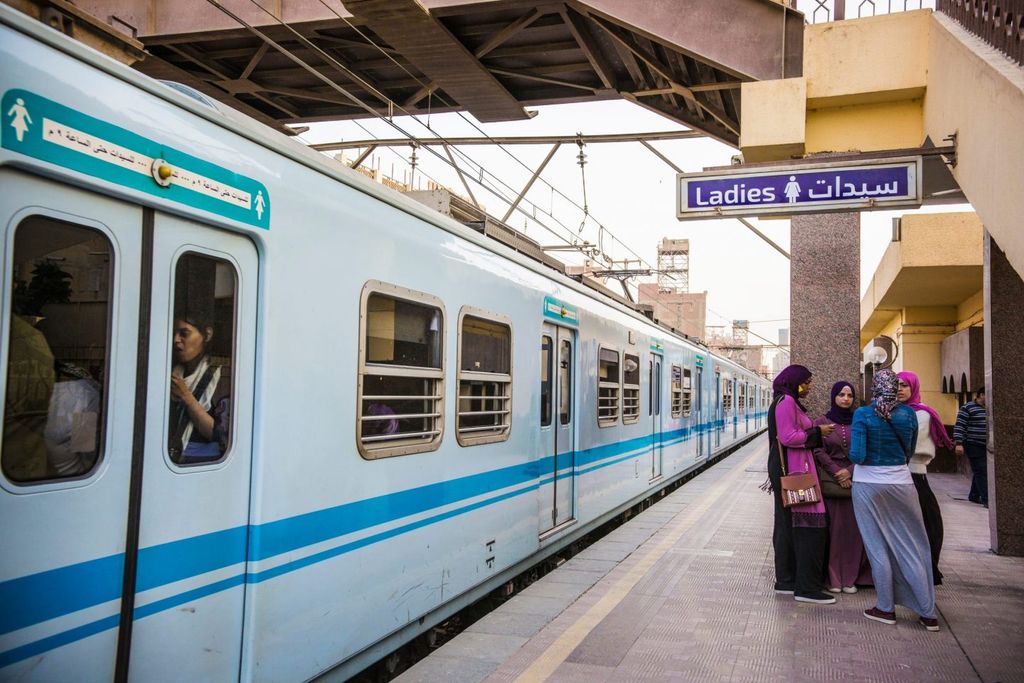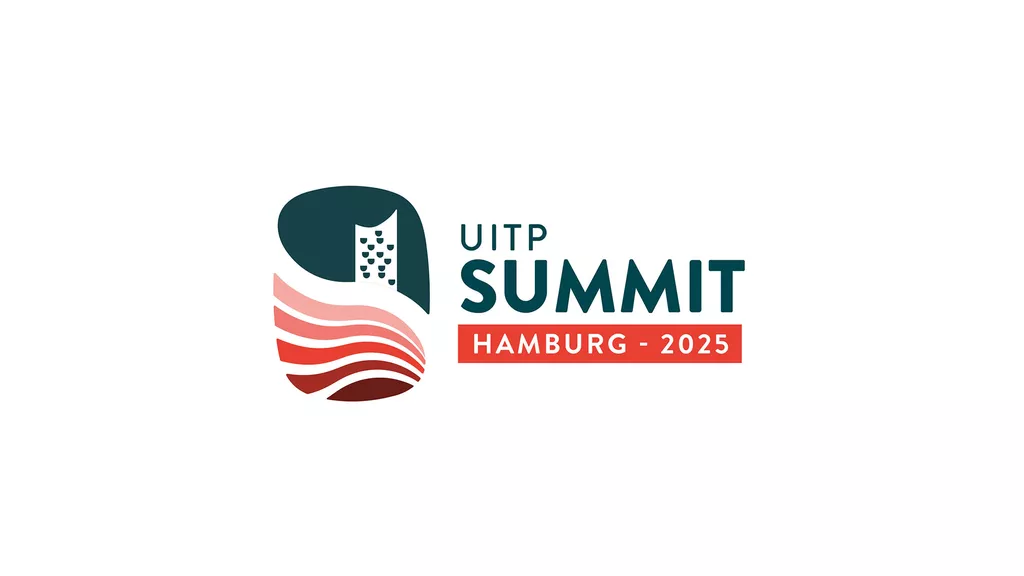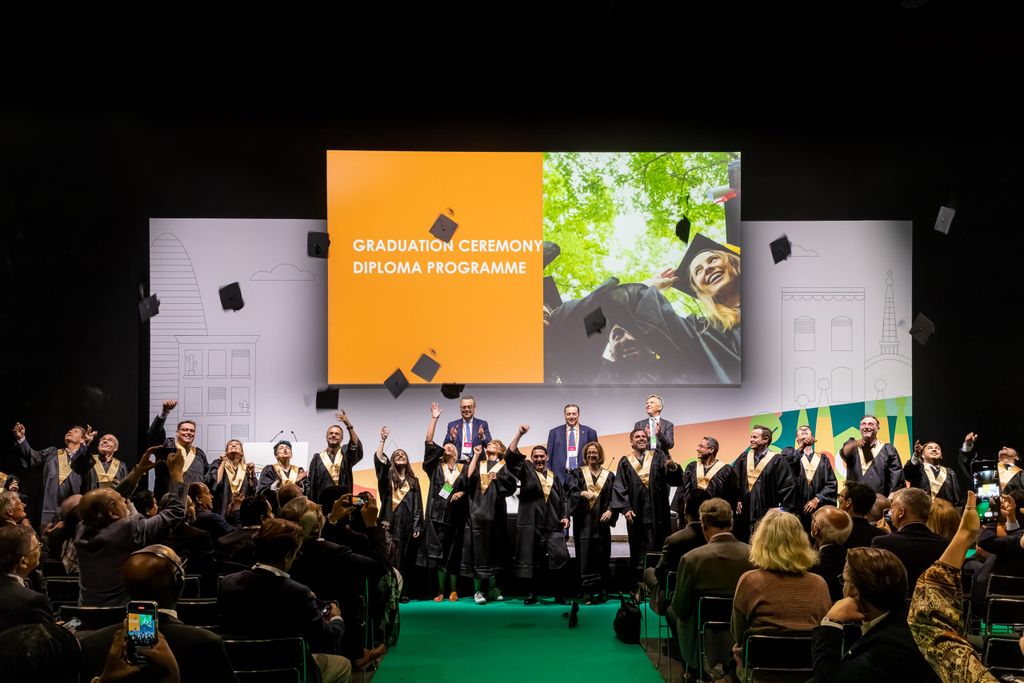
Continuing the conversation with our 2021 Scholars: Meeting the next generation of leaders
As they reach the end of their studies
Earlier this year, when we launched our new UITP Scholarship programme, we were delighted to receive an impressive number of applicants from all corners of the globe.
Our new scholars come from India, Brazil, Ethiopia, Afghanistan, and the Philippines,highlighting the global reach of UITP and our sector.
Our five winning Scholars are now far into their studies, growing their passion for urban mobility along the way.
To get to know them all a little better, we sat down for our series of interviews, first meeting Joemier Pontawe,from the Department of Transportation in the Philippines, then we sat down with Mariana Thebit, an architect urbanist from Brazil.
Now we’re meeting Danait Gebremichael Gebremeskel, Assistant Lecturer and student from Ethiopia.
Get to know her story
Q: Can you tell our readers a little bit about yourself and your career so far?
My name is Danait Gebremichael and I have earned my B.Sc. degree in Civil engineering from the Ethiopian institute of technology Mekelle University in 2016. After finalising my undergraduate programme, I immediately joined the Ethiopian institute of Technology Mekelle University as an assistant lecturer. After working as an assistant lecturer at Ethiopia Institute of Technology for two years, I joined Hasselt University as an international student, to pursue my master’s program in transportation science and graduated in 2020. I am currently doing a one year master’s program in urban management and development at the Erasmus University of Rotterdam.
Q: We have heard some great feedback so far from our Scholars, what drew you to apply for our Scholarship?
The most important reason that prompted me to apply for the Scholarship is my compassion and innate desire to advance my part in the developmental program of my country, and help the indigent society at large. I can see the public transport challenges in developing counties like Ethiopia…there are issues related to the change of road user travel behavioural meaning the increase of vehicle ownership which have an economic, social, and environmental effect on society. Vehicle ownership can be due to the lack of technological innovation; the absence of a smart mobile ticketing system, real-time information, and other factors that makes public transport less reliable and enjoyable. Moreover, the world is suffering from climate change and CO2 emission, and studies have shown that vehicles contribute highly to CO2 emissions and this can be solved by working on the modal shift of road users (a shift from private vehicle to public transport). This drew me to take my part in improving the public transport service in my country and saving our environment.
I can see the public transport challenges in developing counties like Ethiopia…and my goals are clear: I want to develop and advocate sustainable means of transport like public transport, biking, and walking that are linked to society.
Q: You have two courses left as part of your Scholarship, the first being Mobility as a Service later in February. Which courses have interested you the most so far?
I have taken both Artificial Intelligence in Public Transport and Public Transport Fundamentals courses and both were interesting, helping me to grasp the technologies related to public transport to improve the accessibility, reliability, and affordability of the service. But I was more fascinated with the Artificial intelligence course because it helped me to understand the concept of machine learning, the impact of new technology, and the application of AI in the sector, and also how the artificial intelligence application can improve the efficiency of the service. In general, it’s the role of AI in mobility and changing the environment of our customer service.
Q: How do you think you will apply what you have learned to your career going forward?
My goals are clear: I want to develop and advocate sustainable means of transport like public transport, biking, and walking that are linked to society. After my studies, I will go back to my university where I used to work, and want to be actively involved in the design and delivery of sustainable means of transport and policies that improve the lives of citizens in the nation by cooperating with my colleagues. Above all, I will be taking part in collaboration with a governmental and non-governmental organisation in alleviating the problem regarding the poor quality and design of mobility/public transport services in my country.
Q: And finally, our Scholarship is all about giving new opportunities to the next generation of public transport leaders. What are your hopes for the future?
My hopes for the future are to see people getting engaged in advocating for public transport services. The world is now facing traffic congestion and climate change due to our daily activities and everything is in our hands to stop this happening, and this should be by changing the means of transport we use. So I hope the coming generation will also have this opportunity and take their part in changing the environment.
Thank you to Danait for her time and her dedication to advancing her career!
UITP is looking forward to helping our Scholars develop their careers as their courses conclude.
Stay tuned for more news on the next steps in the UITP Scholarship Programme.


